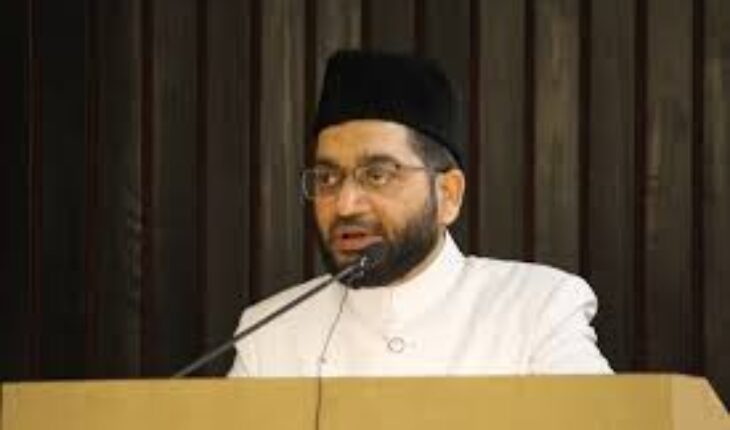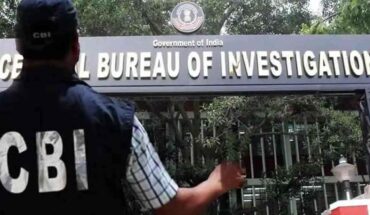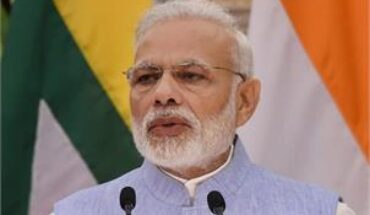New Delhi : The President of Jamaat-e-Islami Hind (JIH), Syed Sadatullah Husaini, has commented on the Union Budget 2025-26 as having “missed many opportunities.”
In a statement to the media, the JIH President said, “We appreciate the many positives in the Union Budget 2025-26 such as the income tax cuts, raising the rebate threshold to Rs 12 lakh and adjusting slabs to benefit the middle class. This will leaving more disposable income in taxpayers’ hands and spur consumption and growth. The other positive is that despite the Rs 1 lakh crore revenue loss, the budget maintained fiscal prudence keeping the fiscal deficit to 4.4% of GDP. This will ensure that our borrowing remains controlled. Also a push for regulatory reforms through a high-level committee that aims to simplify business regulations would help ease of doing business and help investment and trade.”
The President of Jamaat-e-Islami Hind continued, “However, we are disappointed with this budget on several counts. Based on the severe livelihood crisis, with high youth unemployment, low GDP per capital and agrarian growth, it was a good opportunity for the Finance Minister to undertake radical policy shifts in the budget to prioritize redistributive justice, equitable development, and effective governance to address inequality, unemployment, and marginalization. Jamaat-e-Islami Hind had submitted its suggestions to the Finance Ministry before the budget, strongly advocating moving from a supply-side strategy, focused on business growth and tax incentives, to a demand-side approach aimed at boosting citizens’ purchasing power, stimulating consumption, and enhancing welfare programs. Unfortunately, we when we examine the Budget 2025-26, we felt that most of our suggestions were ignored. It appears that the budget missed many opportunities. The Union Budget 2025-26 should have been expansionary in nature. But on the contrary, total expenditure has been reduced by almost one lakh crores. This is bound to have an impact on the social spending and further exacerbate the plight of the poor.”
Syed Sadatullah continued, “We had demanded reversing MGNREGA cuts, introducing an urban employment scheme, increasing healthcare spending to 4% of GDP, and launching a comprehensive education mission with 6% of GDP allocation. All these remain unaddressed. Furthermore, the budget does not explicitly address minority upliftment, SC/ST empowerment, or agrarian debt relief, leaving key issues of social justice and equitable development unresolved. On the revenue front, we had suggested capping GST on essential goods at 5%, introducing a luxury tax, imposing a windfall tax on large corporations, and increasing states’ share in central taxes to 50%. However, the budget remains silent on these critical measures. Similarly digital taxes on foreign tech firms, tax-exempt infrastructure bonds, and strengthened CSR norms with impact metrics were not incorporated. The absence of these reforms represents a missed opportunity to address inequality, generate revenue for welfare programs, and ensure fiscal justice. We strongly feel that the government needs to adopt a progressive revenue policy that prioritizes the common citizen and supports equitable development.”
Concluding his reaction to the current budget, the JIH President stated, “As can be seen from the Budget 2025-26, a large share of expenditure (20%) goes toward interest payments on debt. This constitutes a major portion of our non-productive expenditure that we could have utilized for peoples’ welfare. To avoid falling into a debt-trap, we must make a bold move towards equity-based finance model and an interest free economy. Towards that end, we can make a beginning by incorporating an equity-based, interest-free banking window within conventional banks. This was also suggested from our side to the Finance Ministry. It would be an innovative approach and we should not let our political views inhibit us from seeking time-tested solutions for our pressing economic and credit-related challenges. We hope the government will rise above partisan and vote bank politics and keep the budget as an instrument for genuine change in economic policy that will benefit all the citizens of the country.”






